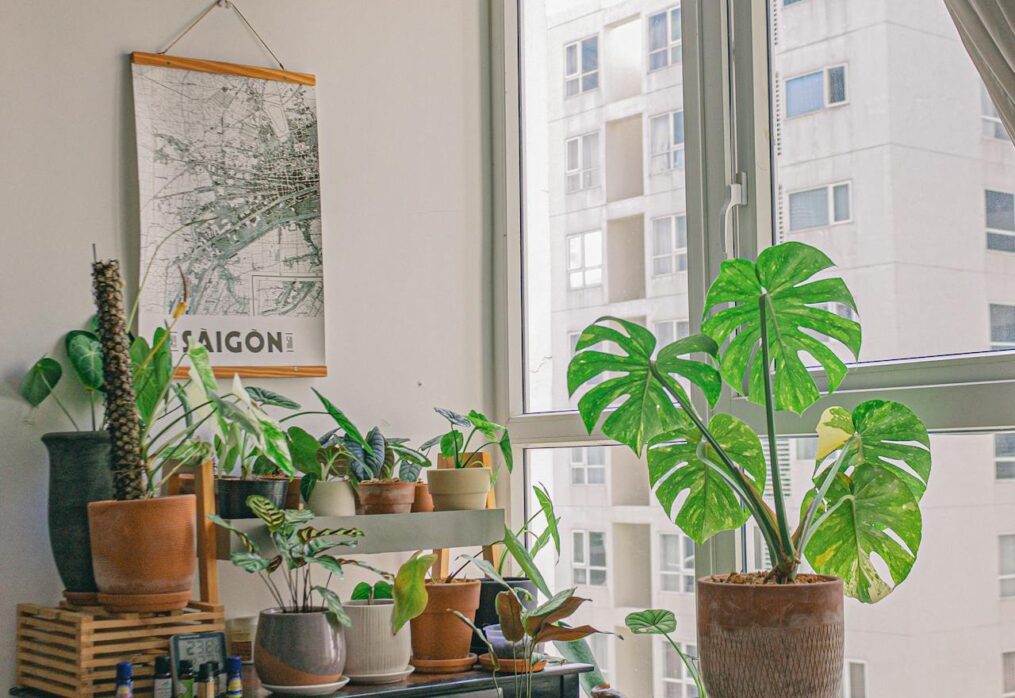Vastu and Feng Shui: Choosing the Right Plants for Your Home
Choosing the right plants for your home in 2025 can transform the energy, mood, and overall ambiance of your living spaces. Modern Vastu and Feng Shui guidance emphasizes selecting plants that bring harmony, positivity, and prosperity into your home. From the classic money plant and lucky bamboo to other trending greenery, the right Vastu and Feng Shui plants help balance elemental energies, attract wealth, and promote peace. Updated placement tips ensure optimal energy flow, making it easier than ever to create a home that radiates positivity, harmony, and good fortune for you and your family.
Introduction to Vastu and Feng Shui
What Are Vastu Shastra and Feng Shui?
Vastu Shastra and Feng Shui are ancient sciences that focus on creating harmony in living spaces. While Vastu originated in India, Feng Shui has its roots in China. Both systems emphasize the balance of energy to enhance well-being.
Importance of Plants in Vastu and Feng Shui
Plants play a crucial role in these practices as they symbolize growth, prosperity, and positivity. Choosing the right plants and placing them correctly can significantly influence the energy flow in your home.
Benefits of Having Plants at Home
Boosting Positive Energy
Plants are natural energy boosters. They absorb negative vibes and radiate positivity, transforming your home into a peaceful sanctuary.
Improving Indoor Air Quality
Many indoor plants filter toxins from the air, ensuring a cleaner and healthier environment.
Enhancing Aesthetic Appeal
A home filled with vibrant greenery not only looks beautiful but also feels alive and inviting.
Vastu Guidelines for Selecting Indoor Plants
Best Plants According to Vastu Shastra
Tulsi (Holy Basil)
Tulsi is considered sacred and is known to purify the air. It’s best placed in the east or northeast direction.
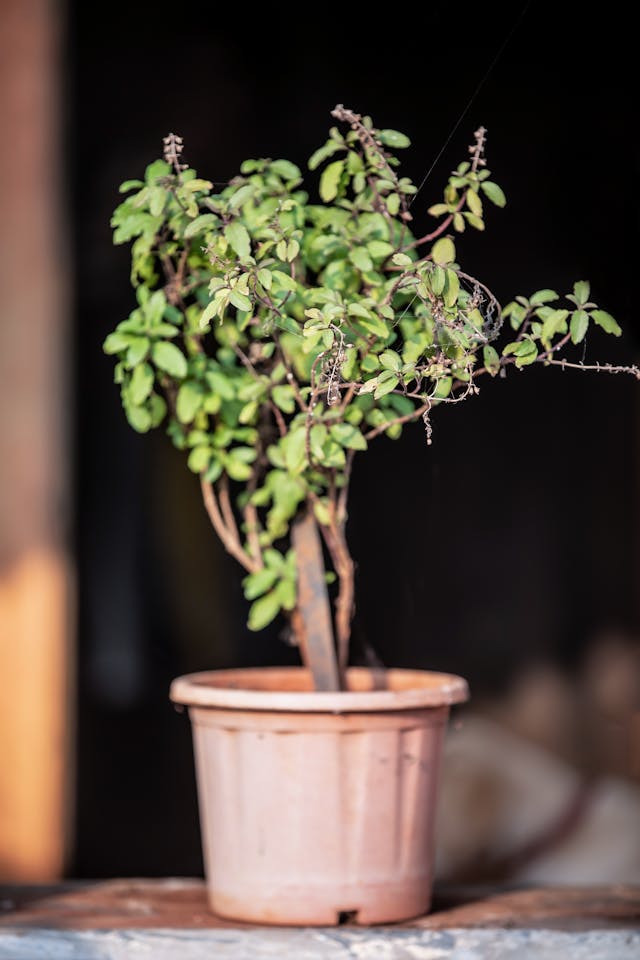
Money Plant
This plant symbolizes wealth and prosperity. Keep it in the southeast corner to attract financial growth.
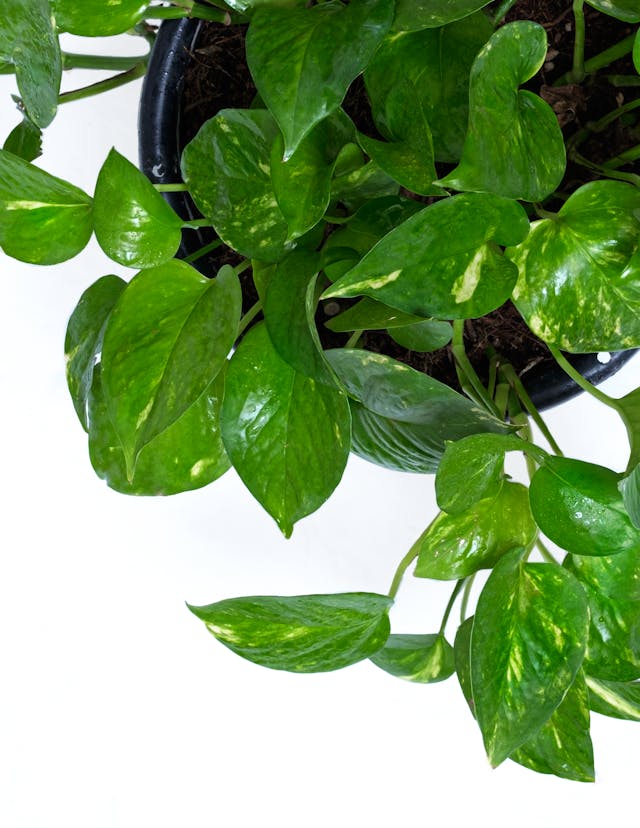
Bamboo Plant
Known for its resilience, bamboo brings good fortune and longevity.
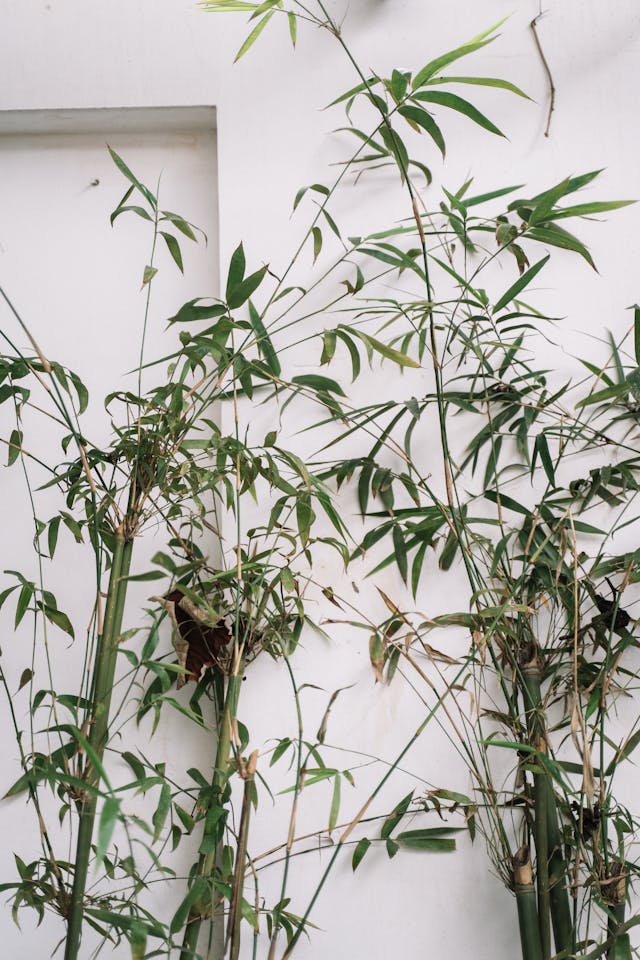
Plants to Avoid as per Vastu
Avoid thorny plants like cactus or those with milky sap, as they are believed to bring negativity.
You might Also Like – Vastu-Approved Plants for Better Health and Happiness Indoors
Feng Shui Principles for Indoor Plants
The Role of the Five Elements in Plant Selection
Feng Shui emphasizes the balance of the five elements—wood, fire, earth, metal, and water. Plants represent the wood element and should harmonize with the other elements in your home.
Recommended Feng Shui Plants
Lucky Bamboo
Lucky bamboo is a symbol of strength and flexibility, often used to attract prosperity.
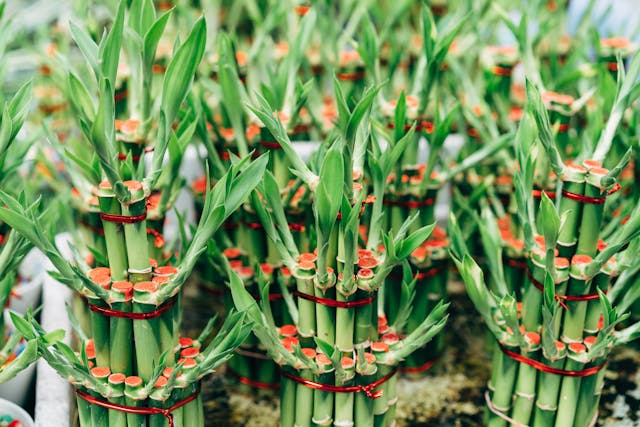
Jade Plant
Known as the “money tree,” it brings financial luck when placed near the entrance.
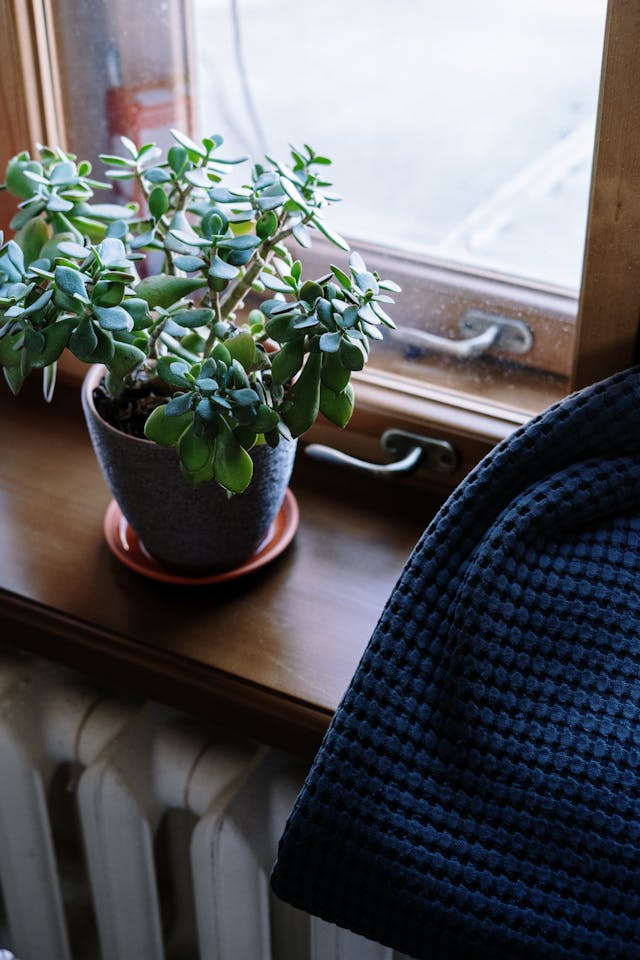
Orchids
These elegant plants symbolize love and creativity, making them perfect for the living room or bedroom.
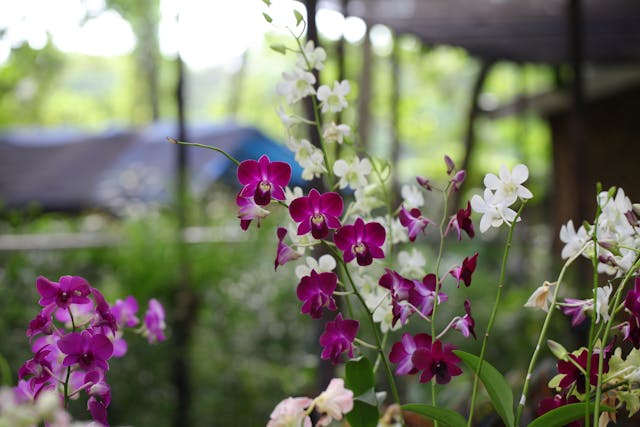
Plants to Avoid in Feng Shui
Avoid wilted or dying plants, as they can block positive energy and create stagnation.
Placement of Plants for Maximum Benefits
Vastu Placement Tips
- Place plants like Tulsi in the northeast direction for spiritual benefits.
- Avoid keeping plants in the bedroom as it may disturb the energy balance.
Feng Shui Placement Tips
- Keep plants like Lucky Bamboo in the wealth corner to attract prosperity.
- Avoid cluttering plants together as it may block energy flow.
How to Maintain Healthy Plants at Home
Watering and Sunlight Needs
Each plant has unique requirements, so ensure you understand its watering and sunlight needs.
Importance of Pruning and Cleaning
Regularly prune and clean your plants to maintain their health and vibrancy.
Common Mistakes to Avoid
Overcrowding Plants Indoors
Too many plants in a small space can overwhelm the energy flow.
Choosing Artificial Plants
While they may look good, artificial plants lack the life force that real plants bring.
Combining Vastu and Feng Shui for Harmony
Creating a Balanced Energy Flow
You can combine principles of both practices to achieve a harmonious and balanced home.
Choosing Plants That Work for Both Practices
Plants like Lucky Bamboo and Money Plant align well with both Vastu and Feng Shui, making them ideal choices.
Conclusion
Plants are more than just decorative pieces; they’re a source of life and positivity. By following Vastu and Feng Shui principles, you can create a home that radiates harmony and prosperity.
FAQs
- Can I combine Vastu and Feng Shui principles for plants?
Yes, combining the two can enhance energy balance in your home. - Which plants are considered bad for indoor spaces?
Thorny plants like cacti and those with milky sap are generally avoided. - How often should I water my indoor plants?
It depends on the plant type, but most need watering once or twice a week. - What are the best spots for plants in a home?
Choose spots with adequate light and airflow, like living rooms and balconies. - Can artificial plants bring positive energy?
No, artificial plants lack the natural energy that real plants provide.
You might also Like – Best Low-Maintenance Vastu Plants for Busy Homeowners
Last Updated on 7 days ago by Anjali Mehra Ph.D. in Horticulture (Punjab Agricultural University)
- How Long Does Lawn Grass Last After Installation? (2026 Expert Guide) - February 6, 2026
- White Ants in Lawn Grass: Causes & Permanent Solution - February 1, 2026
- Best Grass for Farmhouses in India (Low Maintenance Options) - January 20, 2026
